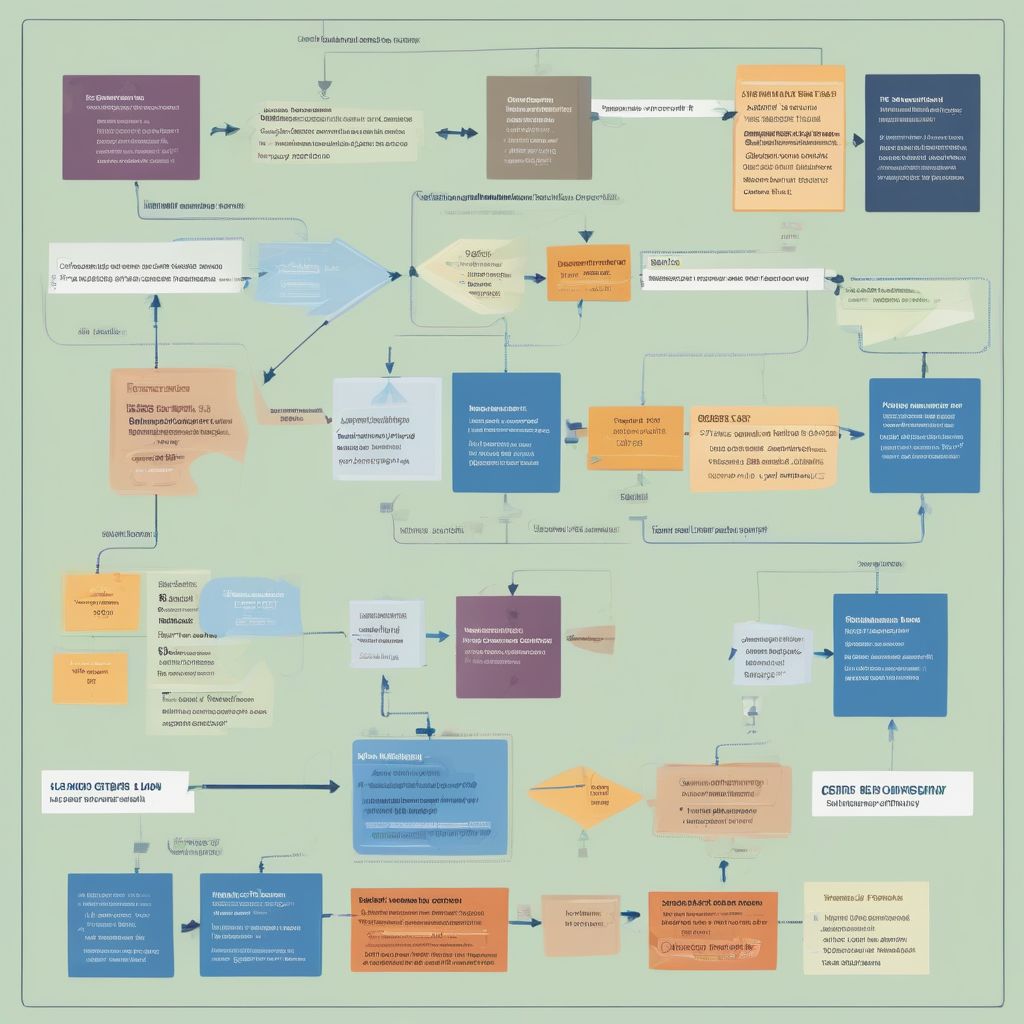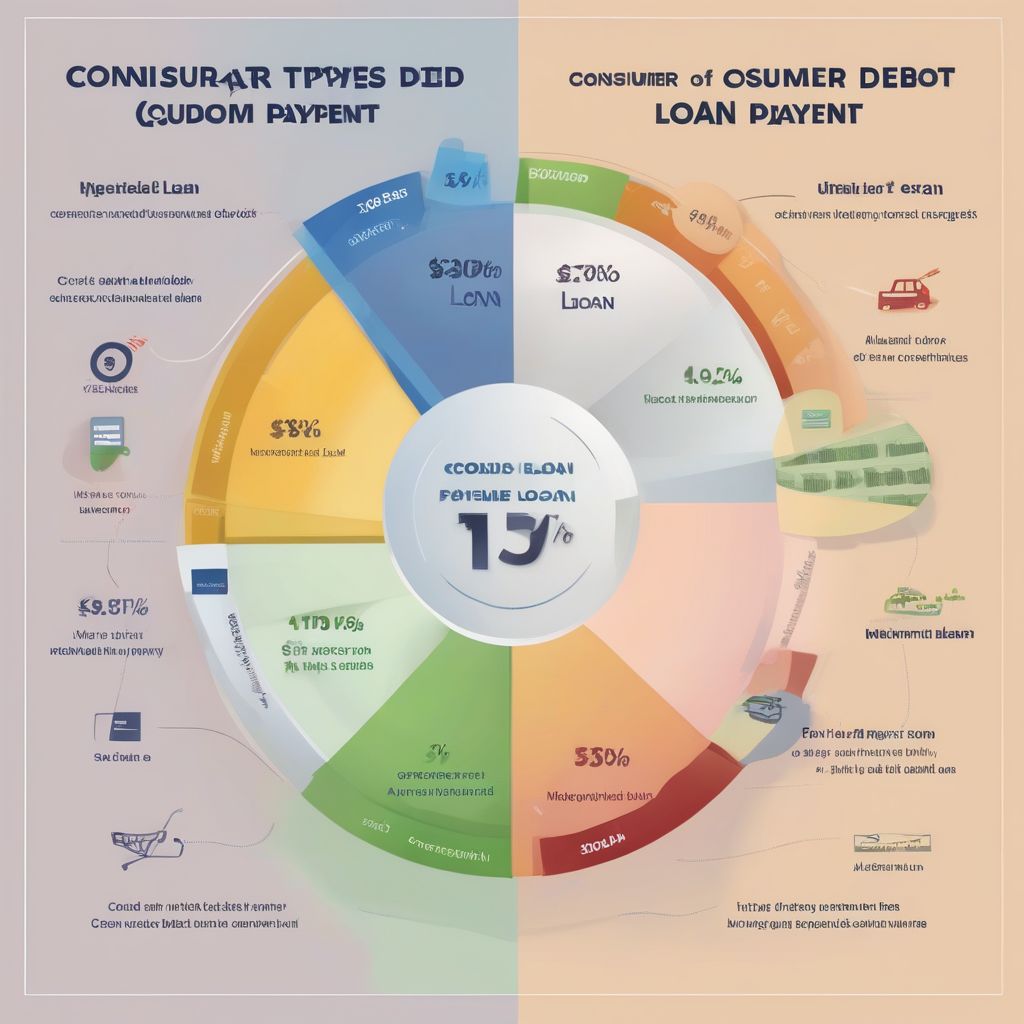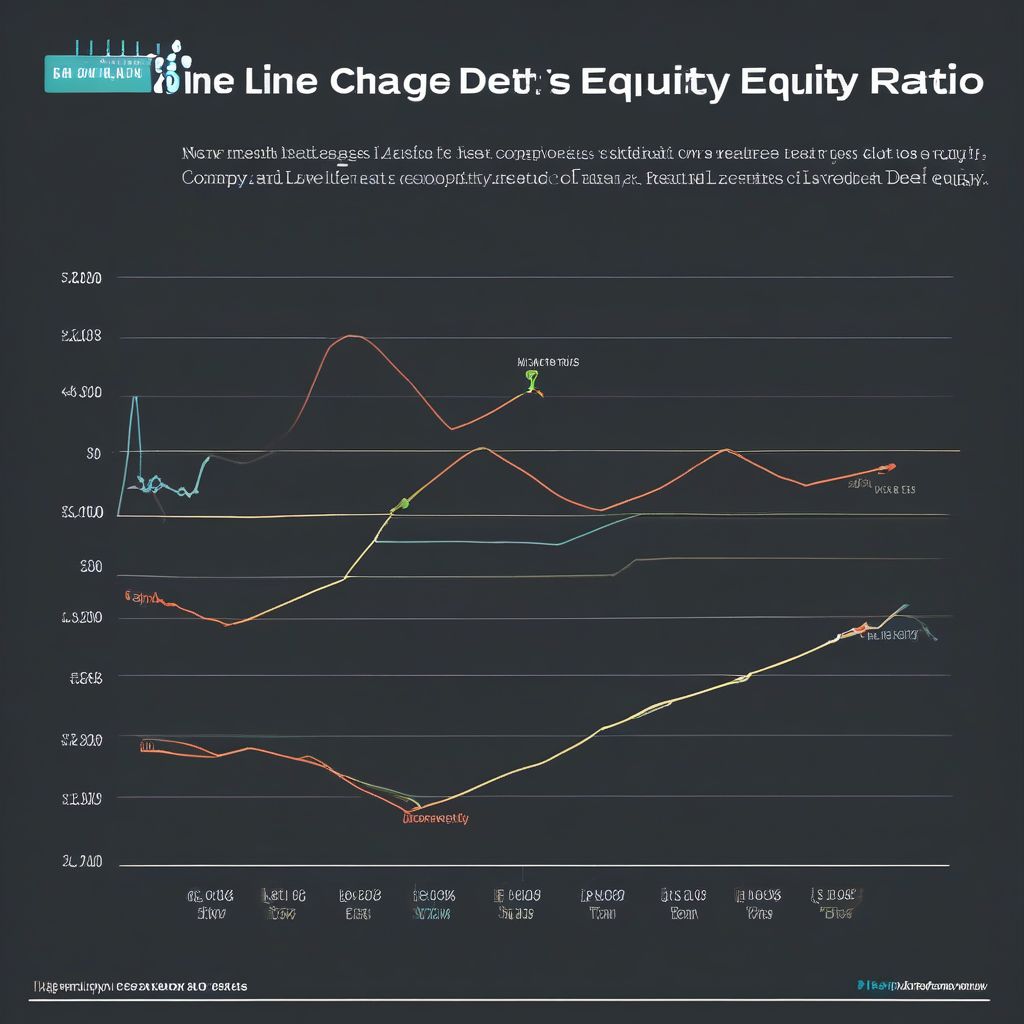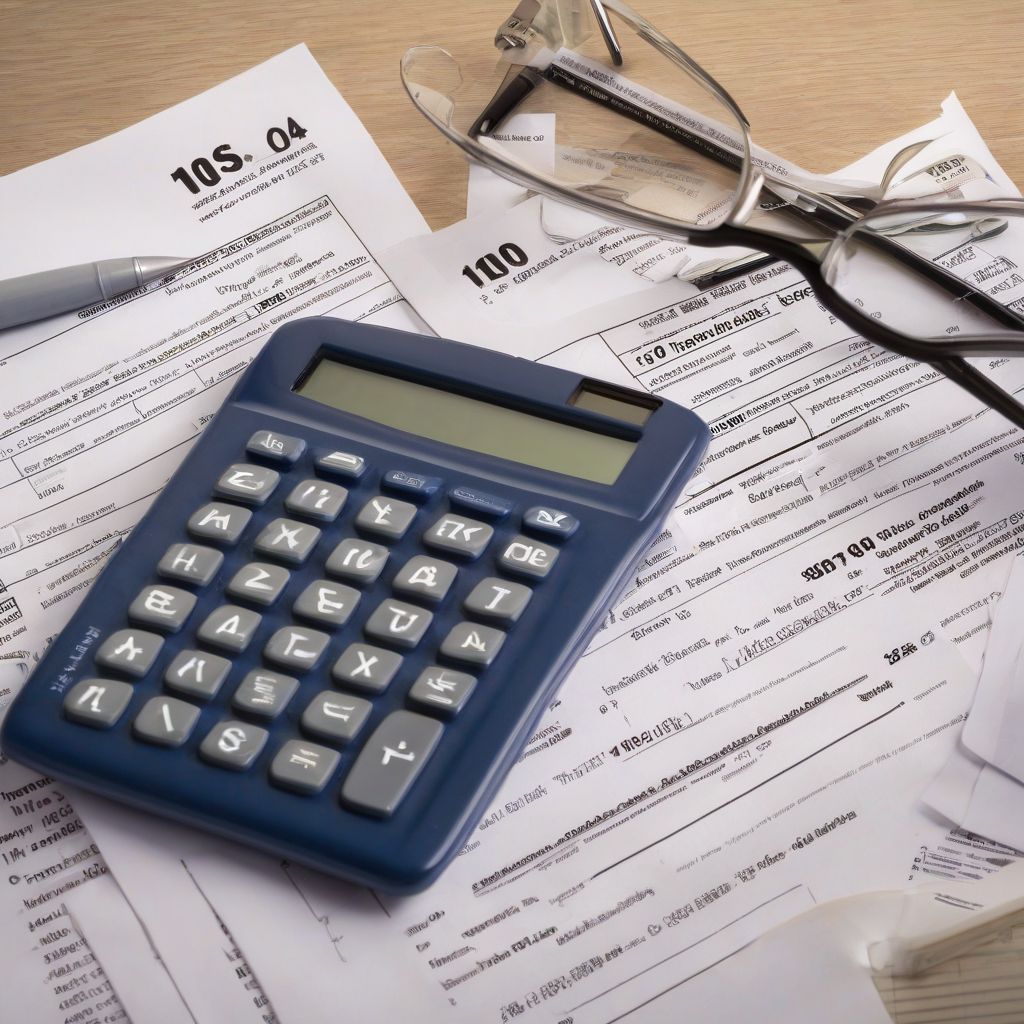Navigating the choppy waters of debt can be stressful, especially in a tough economy. If you’re struggling with debt in Alabama, you’re not alone. Fortunately, various debt relief programs in Alabama can provide a lifeline, helping you regain control of your finances and chart a course toward a brighter financial future.
This article will explore the ins and outs of debt relief programs in Alabama, offering insight into how they work, the types of programs available, and how to determine the best fit for your unique financial situation.
Understanding Debt Relief Programs in Alabama
Debt relief programs are designed to help individuals and families reduce or eliminate their outstanding debt obligations. These programs typically involve working with a third-party company or organization to negotiate with creditors on your behalf, aiming to:
- Lower interest rates: This can make monthly payments more manageable.
- Reduce the principal balance: This means paying back less overall.
- Consolidate multiple debts: This simplifies repayment by combining multiple debts into a single monthly payment.
Common Types of Debt Relief Programs in Alabama
Various debt relief programs cater to different needs and financial situations. Some of the most common types in Alabama include:
1. Debt Consolidation Loans
A debt consolidation loan allows you to combine multiple high-interest debts, such as credit cards, into a single loan with a potentially lower interest rate. This simplifies repayment and can save money on interest over time.
2. Debt Management Programs
Offered by credit counseling agencies, debt management programs (DMPs) involve working with a credit counselor to create a personalized repayment plan. The counselor negotiates with your creditors to lower interest rates and waive certain fees. You then make monthly payments to the credit counseling agency, which distributes the funds to your creditors.
3. Debt Settlement
Debt settlement involves negotiating with your creditors to settle your debts for less than the full amount owed. This option can be beneficial for those with significant debt who cannot afford their monthly payments. However, it’s important to note that debt settlement can negatively impact your credit score and may have tax implications.
4. Bankruptcy
While not ideal, bankruptcy is a legal process that can provide a fresh start for those overwhelmed with debt. In Alabama, Chapter 7 and Chapter 13 bankruptcy are the most common types.
- Chapter 7 bankruptcy involves liquidating assets to pay off creditors, while certain debts may be discharged.
- Chapter 13 bankruptcy, on the other hand, involves creating a repayment plan to pay back creditors over three to five years.
Choosing the Right Debt Relief Program in Alabama
The best debt relief program for you will depend on your individual circumstances, including:
- The amount of debt you owe
- Your current income and expenses
- Your credit score
- Your long-term financial goals
It’s crucial to carefully research and compare different debt relief programs in Alabama before making a decision. Consider factors such as:
- Fees: Some programs charge fees, so make sure you understand the costs involved.
- Reputation: Research the company or organization’s track record and read reviews from previous clients.
- Success rates: Inquire about the program’s success rates in helping clients achieve their debt relief goals.
Key Considerations for Alabama Residents
When researching debt relief options in Alabama, it’s essential to be aware of state-specific regulations and resources:
- The Alabama Attorney General’s Office: Provides resources and information on consumer protection, including debt relief scams.
- The Alabama State Banking Department: Regulates financial institutions offering debt relief services.
- Free Credit Counseling Services: Non-profit credit counseling agencies in Alabama can provide free or low-cost financial guidance and debt management assistance.
Finding Financial Freedom: Your Journey Starts Now
Remember, seeking professional advice from a financial advisor or credit counselor can provide personalized guidance and help you make informed decisions about managing your debt. Taking control of your debt is empowering. By exploring the various debt relief programs available in Alabama and seeking professional guidance, you can pave the way to a more secure financial future.
Disclaimer: The information provided in this article is for informational purposes only and does not constitute financial advice. It’s essential to consult with a qualified financial advisor to discuss your specific financial situation and determine the best course of action for you. We encourage you to continue your research and exploration of financial topics to make informed financial decisions.




